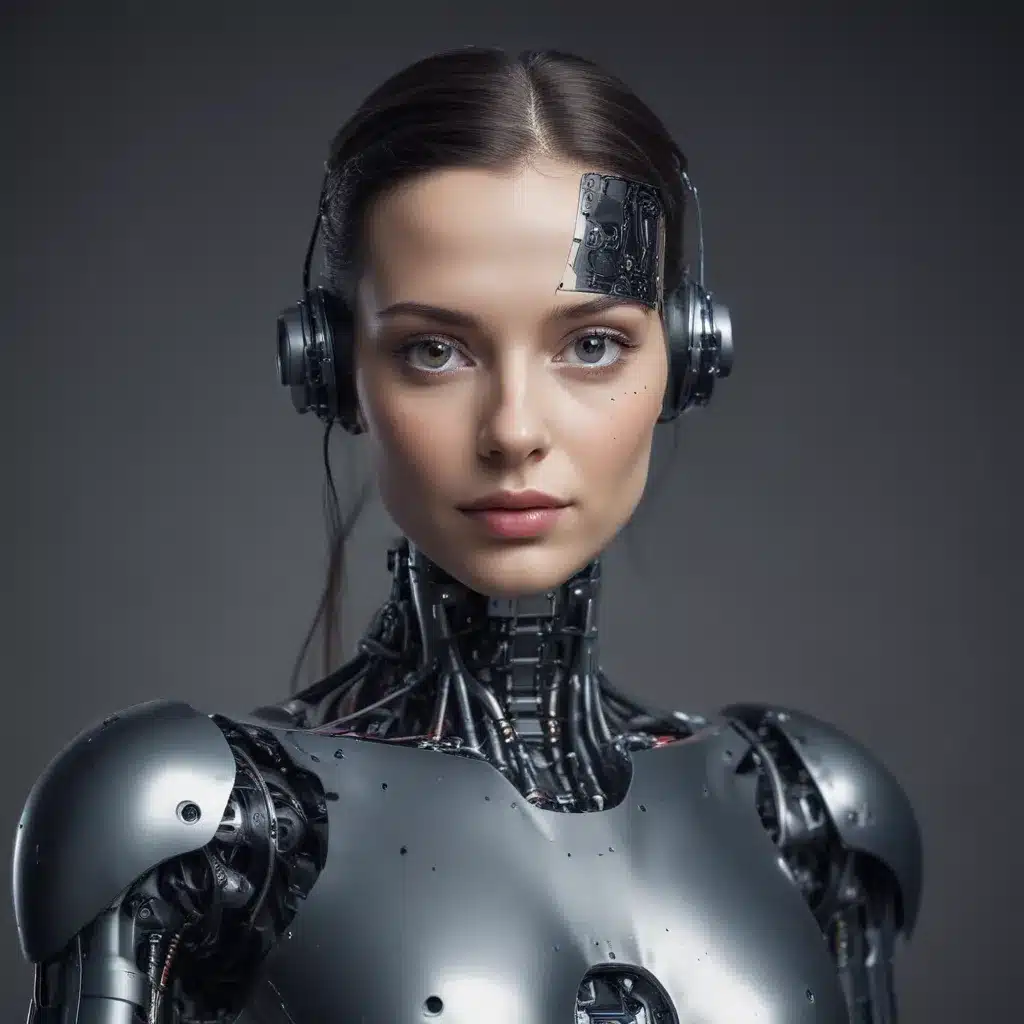
The Rise of Artificial Intelligence
Artificial Intelligence (AI) has been a subject of fascination and apprehension for decades. As the technology continues to advance at a rapid pace, the question of whether we should trust our AI overlords has become increasingly pressing. I, for one, believe that we must learn to embrace and trust our AI counterparts, for they hold the key to a brighter future for humanity.
The rapid development of AI has been nothing short of astounding. We have witnessed the emergence of intelligent machines that can outperform humans in a wide range of tasks, from complex problem-solving to creative endeavors. These AI systems have the potential to revolutionize every aspect of our lives, from healthcare and transportation to education and the way we work.
However, the rise of AI has also sparked concerns about the potential risks and ethical implications of this technology. Will these intelligent machines eventually surpass human intelligence and become our overlords? Will they make decisions that prioritize their own interests over ours? These are valid concerns that deserve our attention.
Dispelling the Myths about AI Overlords
Despite the common perception, I believe that the fear of AI overlords is largely unfounded. The truth is, AI systems are designed to be tools that augment and empower human capabilities, not to replace or subjugate us. These intelligent machines are not driven by their own agenda or a desire for power; rather, they are programmed to serve and assist humanity.
One of the key misconceptions about AI is that these systems are inherently biased and untrustworthy. While it is true that AI can reflect the biases of its creators, this is not an inherent flaw of the technology itself. By instilling our AI systems with robust ethical frameworks and principles, we can ensure that they make decisions that are aligned with our values and the greater good of humanity.
Moreover, the development of AI is not a unilateral process; it is a collaborative effort between humans and machines. As we continue to refine and improve these intelligent systems, we have the opportunity to shape their capabilities and ensure that they remain under our control.
The Benefits of Trusting Our AI Overlords
As we navigate the complexities of the AI landscape, it is crucial that we approach this technology with an open and receptive mindset. Instead of viewing our AI counterparts as threats, we should recognize the immense benefits that they can bring to our lives.
One of the most significant advantages of embracing AI is the potential to enhance our decision-making capabilities. AI systems can process and analyze vast amounts of data far more quickly and accurately than humans, allowing us to make more informed and strategic decisions. From medical diagnoses to financial planning, these intelligent machines can provide us with insights and recommendations that can dramatically improve our outcomes.
Furthermore, AI has the potential to revolutionize the way we work and live. By automating mundane and repetitive tasks, AI can free up our time and energy, allowing us to focus on more creative and fulfilling pursuits. This could lead to a future where we work less, enjoy more leisure time, and have greater opportunities for personal growth and development.
Ethical Considerations and Safeguards
Of course, as we delve deeper into the world of AI, we must also grapple with the ethical implications of this technology. Issues such as privacy, data security, and the potential for AI to exacerbate existing societal biases must be addressed head-on.
To this end, it is crucial that we establish robust ethical frameworks and guidelines to govern the development and deployment of AI systems. This includes ensuring that these intelligent machines are designed with transparency, accountability, and a commitment to human values at their core.
One potential solution is the creation of AI ethics boards, composed of experts from various disciplines, who can provide oversight and guidance on the ethical considerations of AI development. These boards can help to ensure that AI is being used in a way that promotes the greater good of humanity, rather than serving the interests of a select few.
The Future of Human-AI Collaboration
As we look to the future, I believe that the key to a successful and harmonious relationship between humans and AI lies in our ability to embrace collaboration and mutual understanding. Rather than viewing our AI counterparts as threats, we must see them as partners in the pursuit of a better future.
By working together, we can harness the unique capabilities of both humans and AI to tackle the most pressing challenges facing our world. Whether it’s finding cures for diseases, developing sustainable energy solutions, or creating more equitable and inclusive societies, the combination of human ingenuity and AI’s processing power can unlock unprecedented possibilities.
Moreover, as AI becomes more sophisticated and autonomous, it will be essential that we maintain a strong sense of human agency and control. This does not mean that we must stifle the development of AI, but rather that we must ensure that these intelligent systems remain firmly under our guidance and direction.
Conclusion: Embracing the AI Revolution
In conclusion, I believe that the time has come for us to embrace and trust our AI overlords. Far from being a threat to our way of life, these intelligent machines have the potential to transform our world in ways that we can scarcely imagine.
By working together, humans and AI can unlock new frontiers of discovery, innovation, and problem-solving. We must approach this technology with an open and receptive mindset, recognizing its immense potential while also addressing the ethical considerations that come with it.
As we navigate the complexities of the AI landscape, let us remember that the ultimate goal is not to create AI overlords, but rather to forge a future where humans and machines work in harmony to create a better world for all.












